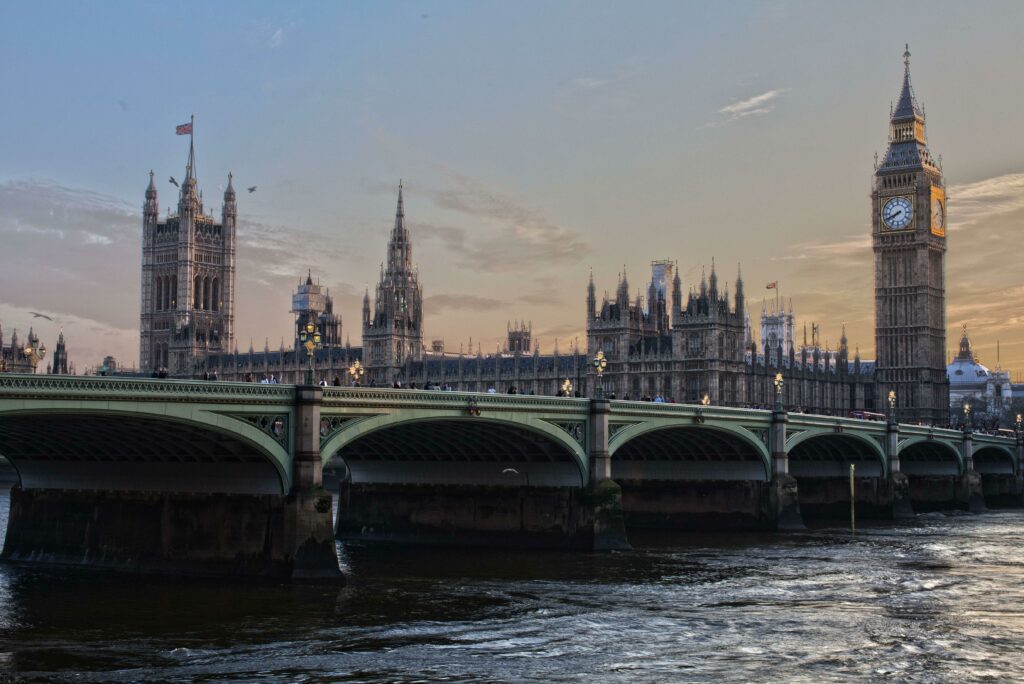Features
UK Industry Unhappy With Government’s Spring Budget, Cash Injection In All Areas Needed

The UK government made its annual spring statement, which sets the budget for the coming months and gives an economic forecast, March 23. The country’s live sector was hoping that some of its main concerns voiced repeatedly over the past year-and-a-half would be included – and was mostly disappointed.
The UK live biz has been emphasizing, that maintaining the reduced 5% VAT rate on ticket sales, instead of the usual 12.5%, would be a massive help. Yet, judging by the spring budget, the government has no intention to concede.
See: UK Government Opens $1B Live Events Insurance Scheme
Industry professionals, led by the country’s live entertainment trade body LIVE, have also been pointing out for months, that the government’s reinsurance scheme for events had gaps. It, for instance, doesn’t cover artists unable to perform due to COVID nor a potential return of distancing measures, which would make live events economically unviable. The scheme only covers local and national lockdowns.
LIVE is calling for “a restructure of the government’s reinsurance scheme to allow for artist cancellation due to COVID-19 to be covered,” a statement from the trade organization reads.

Its CEO Greg Parmley said, “Live music is facing new and unprecedented challenges that threaten to wreck one of the UK’s cultural crown jewels – a 7.5% increase in VAT on tickets, wholesale cost increases and major ticket cancellations due to spiking COVID cases. At the same time, the last remaining help from Government is being withdrawn.”
On the upside, the government did maintain a 50% reduction on business rates (a UK specific tax on businesses). And “while we welcome the Business Rates discount, we need further measures that can provide a cash injection to all areas of the sector, such as action on VAT,” Parmley continued, “We are calling on the chancellor to look again at these measures, which would help secure the sector’s recovery and allow our £4.5 billion industry to continue boosting the UK economy.”
According to LIVE data, the UK live music industry adds £4.5 billion ($5.95 billion) to the UK’s annual gross value added (GVA), and directly supports 210,000 full-time-equivalent roles, and many thousands more through its highly skilled supply chain.
Costs throughout the supply chain are “rapidly rising,” according to LIVE, on average, businesses are facing a 15%-20% increase in costs across the supply chain and increases of up to 40% in critical supplies such as staging.
All of the above resulted in 26% of UK live music shows, as well as 44% of international shows canceling in Q1.
44% International Shows Canceled In Q1: COVID & BREXIT Create Perfect Storm In UK
Additional statements from the live music industry:
Association of Independent Festivals CEO Paul Reed: “We are disappointed that the chancellor has not responded to our repeated calls to grant an extension to the 12.5% VAT rate on festival tickets beyond the end of March. Festival organizers are experiencing cost increases of between 20-30%, which is way beyond rapidly rising inflation, with extreme pressure along the entire supply chain. We urge the Government to look at this again and maintain the reduced rate on VAT.
“We also ask the Government to urgently reconsider the removal of tax incentives to use certain biofuels. These should be maintained at the current rate as a transitional measure to encourage use of greener fuels at festivals. To do otherwise is completely contrary to the Government’s objectives of incentivizing energy efficiency and reducing emissions.”
Music Venue Trust CEO Mark Davyd said that while his organization warmly welcomed the Business Rates discount, “no action for businesses on energy bills, NI liability and the missed opportunity of action on VAT” effectively meant that “none of the extraordinary financial pressures being placed on venues have been mitigated or alleviated.”
“This budget has failed to respond to inflationary increases from rent, supplies, and services running in excess of 20% across the sector,” Davyd continued.